
10 Places Where Credit Cards Should Not be Used
Published July 19, 2024
•
Last updated January 19, 2025
8 min read
Credit cards offer financial freedom and ease of financial transaction to users. It is quite common to enjoy the benefits of using credit cards freely in Canada. Although you can use a credit card to fulfill nearly every financial transaction however there are some instances in which it is advisable not to use your credit card.
Ever wonder where you should not be using credit cards? Are you curious to know where and why using a credit card is not considered a wise decision? Well, we got all the answers you are curious to find out.
Here are 7 instances where you should refrain from transacting from your credit card.
1. The Obvious: DO NOT Spend Money You Don't Have
Credit cards offer the facility of paying at a later date while enjoying the shopping today. But this financial freedom also can lead to severe debt and financial issues if you start spending unnecessarily. You cannot simply spend money anywhere you like without considering your financial obligations, financial position, and outstanding debt.
Canada offers countless shopping and eat-outs where you will be tempted to spend more than you can afford. You must never fall for that trap and instead remain in your financial budget. You should never use a credit card when you think you already have reached the outstanding bill limit.
Here, I am not referring to your credit card limit. Rather you should prescribe a limit for you as per your financial standing as no one knows your financial condition better than you.
Especially, if your purpose of using a credit card is to build a fine credit score then never spend more than 30% of your credit limit no matter how tempted you are with the points rewards or online sales.
2. Unsecured Websites
Lucrative sales surely can be attractive and there is no harm in getting advantage of a sale, but if the website feels insecure then it is time to close the webpage. Many online scammers are waiting for one wrong move from your side to exploit your credit card details.
Be careful if the website is new, doesn’t have a well-built reputation, and seems untrustworthy. These websites are some of the most common places where credit cards should not be used.
You can normally see a locked sign beside the address bar for secured platforms whose payment methods are safe and encrypted. Other than a lock sign, other websites ask for 2-factor authentication or a second-layer security code to proceed with your transaction.
If any of these measures are absent then it implies that the security measures opted by the website are unsafe and unreliable. If you have even the slightest doubt about the security methods opted by the website then do not use your credit card to complete the purchase.
Also, if you feel that the seller is suspicious or shady then do not put in your credit card details because a fraudulent seller might use those details to deprive you of your money.
3. Additional Fees and Interest Rates for More than Credit Limit Spending
While using the credit card, make sure that your transaction amount stays within the credit limit allowed by your bank.
In Canada, many banks do not allow the cardholder to transact if he/she reaches the credit limit. But some banks allow some cardholders this facility so that they can spend more than their already defined credit limit.
But this extra fund more than your credit limit comes with a huge cost. You have to pay an additional fee and an elevated interest rate. At the time of the transaction, this might seem like a manageable expense, but it will end up accumulating debt that will disturb your entire financial setup and might be a step forward towards your bankruptcy.
So, even if you really need to make a purchase, make sure that it doesn’t exceed your credit limit. If it does then postpone your transaction to the next month and save yourself from paying a heavy amount to cover for interest and fee.
4. Check Terms and Conditions of Your Utility Provider Before Making Bill Payments with a Credit Card
Many utility providers in Canada do accept payment from credit cards, but some do while charging an extra fees for doing so. In the name of convenience fees, they rip off your hard-earned money.
They also pose several restrictions for you which can cause trouble for you. So, it is better to check the terms and conditions of utility providers before paying with your credit card. Making an informed decision will help you from extra cost.
You can learn more about paying bills with credit cards here.
5. Public Wi-Fi Network
Wi-fi networks that are available to the public are a security risk. In Canada, if a Wi-Fi network is public it means that it is exposed to multiple users some of which might be online scammers waiting to get your credit card details to get all your money.
To save yourself from any such unfortunate incident, it is better to never enter your credit card details while browsing from a public Wi-Fi network. Rather switch to a secure and private network connection to enter such sensitive information.
Public Wi-Fi networks is one of the most common places where credit cards should not be used.
6. Cash Withdrawal
Many people are tempted to withdraw cash from their credit cards to fulfill their financial obligations. While it seems like a good option but the fee for withdrawing cash from the credit card is quite hefty.
Also, the cash comes at an elevated interest rate. This is why never use your credit card to withdraw cash. You have your debit card or ATM card for such instances where you need to have cash so use those.
7. Too Much Credit Card Debt
If you still have outstanding debt, be it on the credit card or some other means, then stop yourself from getting into more debt through credit card usage. Many people just pay the minimum amount due on their credit card in Canada and keep on accumulating debt by spending more on the credit card.
The assumption that the debt limit is there to let you enjoy financial freedom can lead to severe debt accumulation that you won't be able to control.
It is better to pay off the ongoing or current debt and then use your credit card to get more. Because otherwise, you will just be adding on your debt which can be financially harmful to you in the long run.
If you are unable to pay your outstanding debt in time, then it will not only negatively affect your credit score but the bank can also suspend your credit card.
The suspension will surely take away all the benefits of credit cards. Along with that stress, it will badly affect your credit score and make it difficult for you to successfully qualify for a credit card again in the future.
8. Down Payment
Are you thinking of using your credit card to make the down payment and then paying the rest of the amount in installments?
Think twice before doing so. It will cause a huge financial debt for you as you will have to pay for the interest as well as the credit card bill in the coming month which will surely skyrocket the financial burden on you. Not everyone can expect to receive such a huge sum of money in the upcoming months.
So, make it a rule for you to never make a down payment with the credit card. If you don’t have enough funds to make the down payment now then you won't have enough funds n the coming months to lay off its burden along with the installments.
It is rather better to save up and make the down payment upfront to enjoy your purchase with low risk and financial safety.
9. Independent ATMs
Banks’ ATMs are quite safer but the independent ATMs can be a target point for scammers as they do not have top-notch security measures. These independent ATMs may be inflicted with skimming devices that can collect all information regarding your credit card including your pin.
This is why it is better to refrain from using your credit card in such independent ATMs who doesn’t have a reliable security system.
10. Sharing Information with Telemarketers or Unverified Phone Calls
Never share your credit card information including your pin and other sensitive information (like date of expiry) over an unverified phone call. The person who might be claiming to be a telemarketer, a broker, or a banking agent could be committing fraud.
If you have no choice but to share sensitive info, make sure the caller is legit and verified first. Unless you 100% trust the caller or business, excuse the other person that you are not comfortable sharing credit card-related information and shut the call down.
Trending Offers
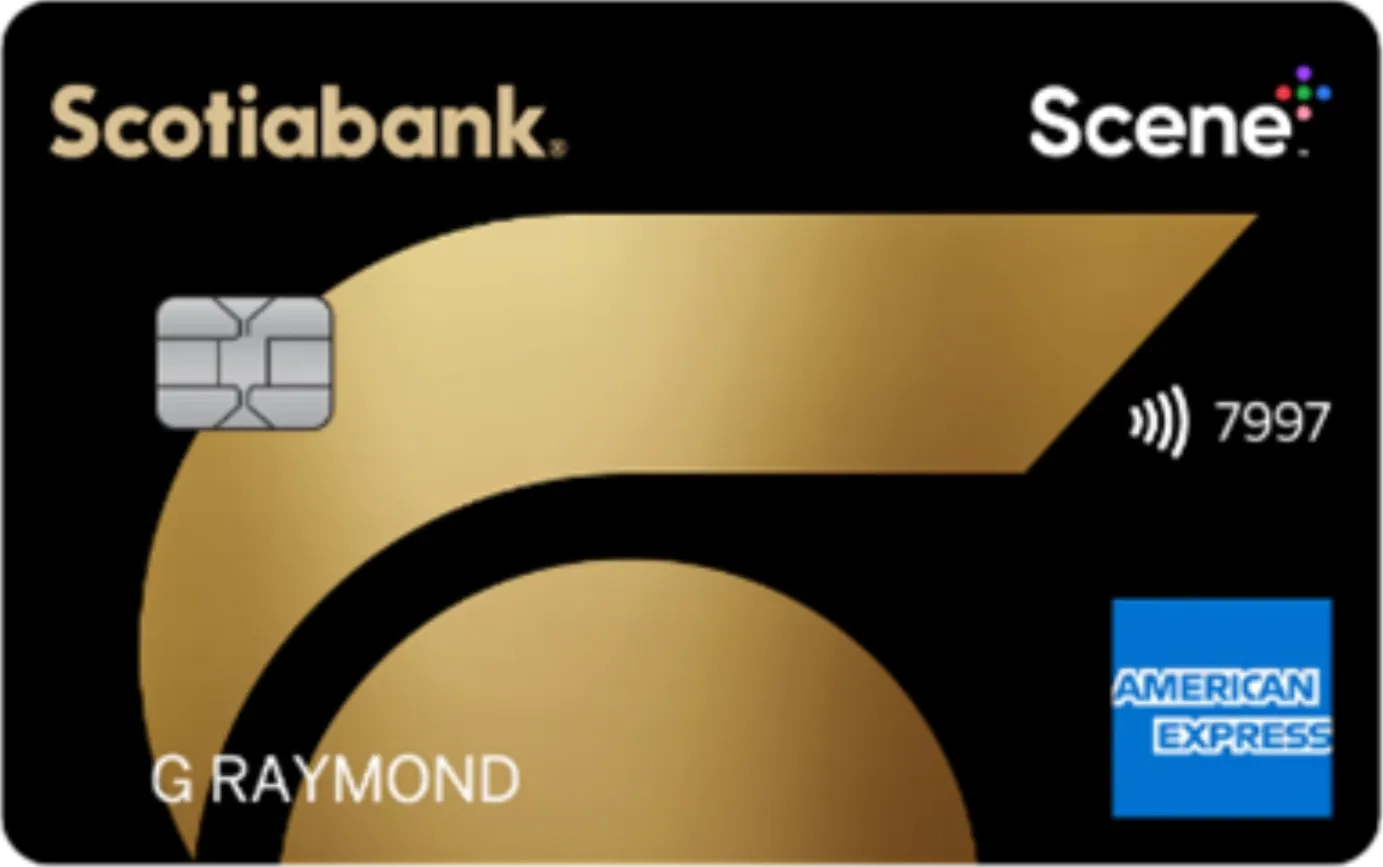
Scotiabank Gold American Express® Card
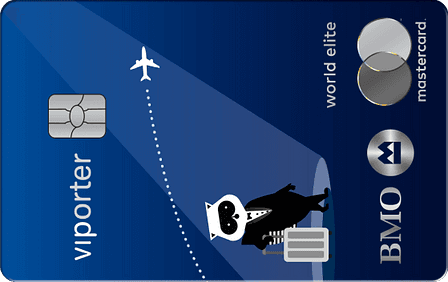
BMO VIPorter World Elite Mastercard®∗
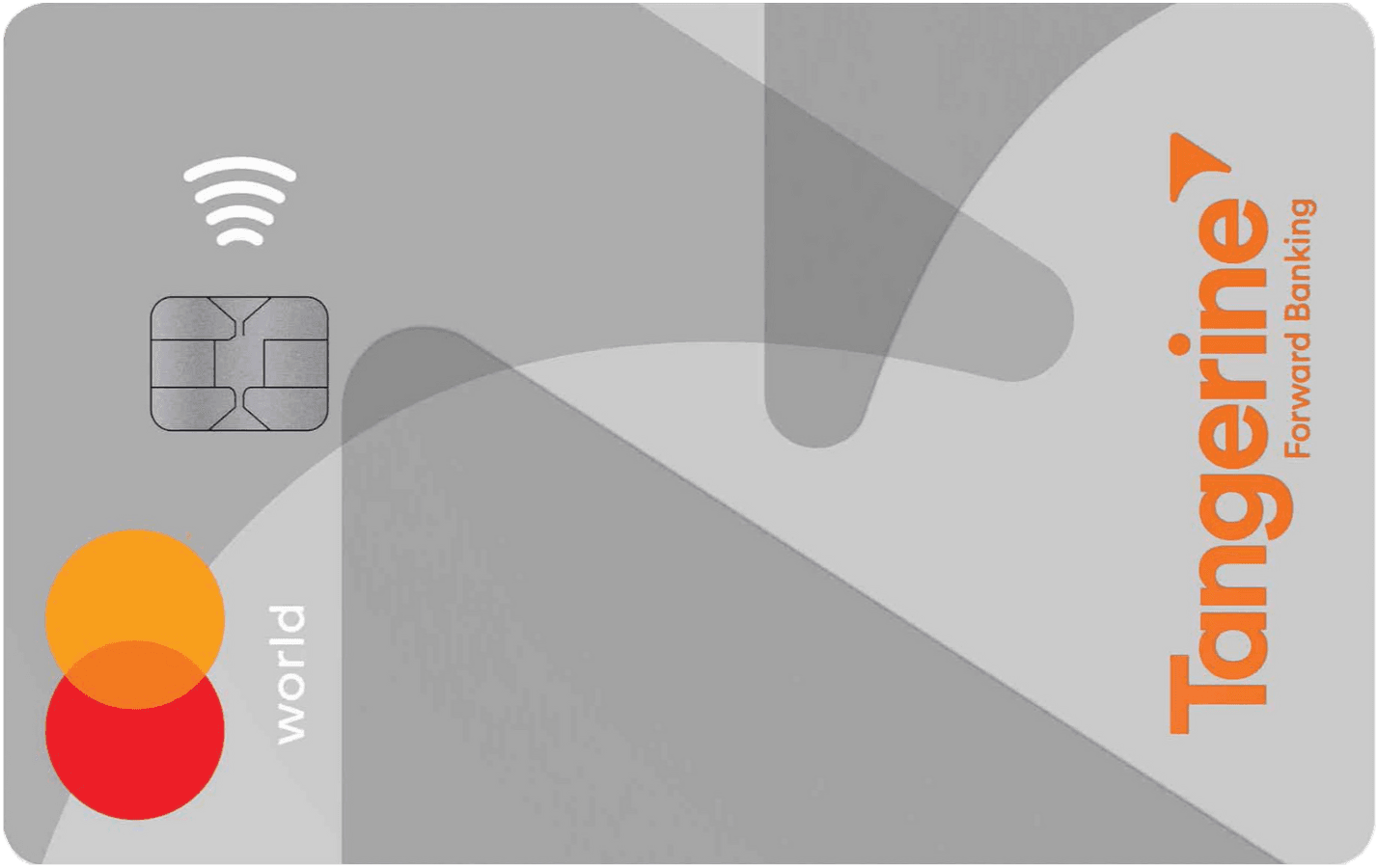
Tangerine World Mastercard
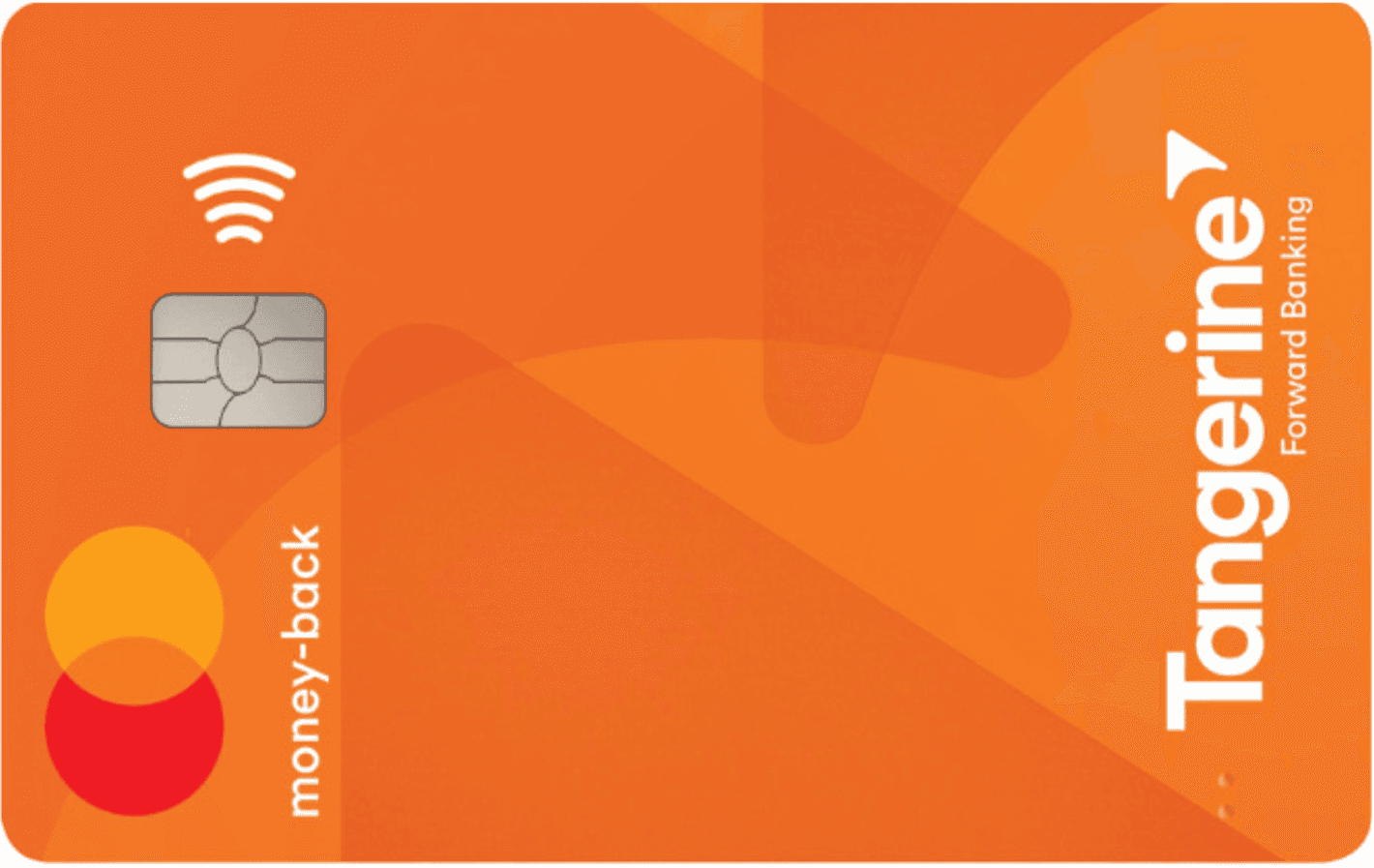
Tangerine Money-Back Credit Card
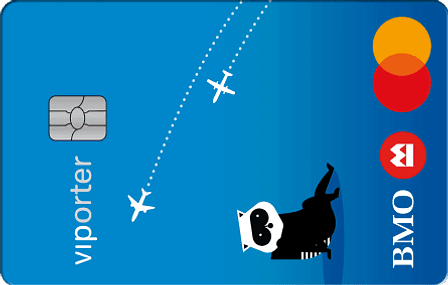
BMO VIPorter Mastercard®∗
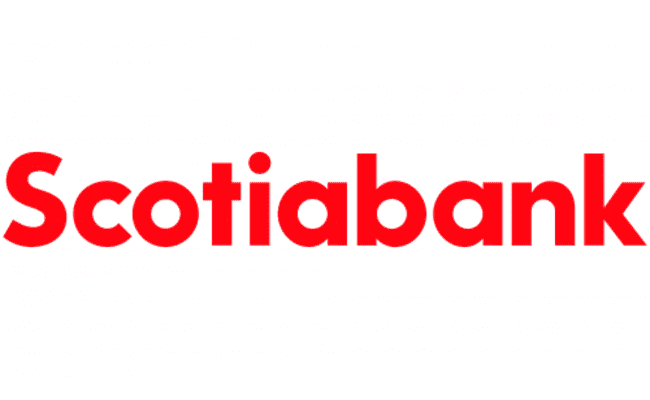
Scotiabank Preferred Package Chequing for Student and Youths
What's on this Page
- 1. The Obvious: DO NOT Spend Money You Don't Have
- 2. Unsecured Websites
- 3. Additional Fees and Interest Rates for More than Credit Limit Spending
- 4. Check Terms and Conditions of Your Utility Provider Before Making Bill Payments with a Credit Card
- 5. Public Wi-Fi Network
- 6. Cash Withdrawal
- 7. Too Much Credit Card Debt
- 8. Down Payment
- 9. Independent ATMs
- 10. Sharing Information with Telemarketers or Unverified Phone Calls